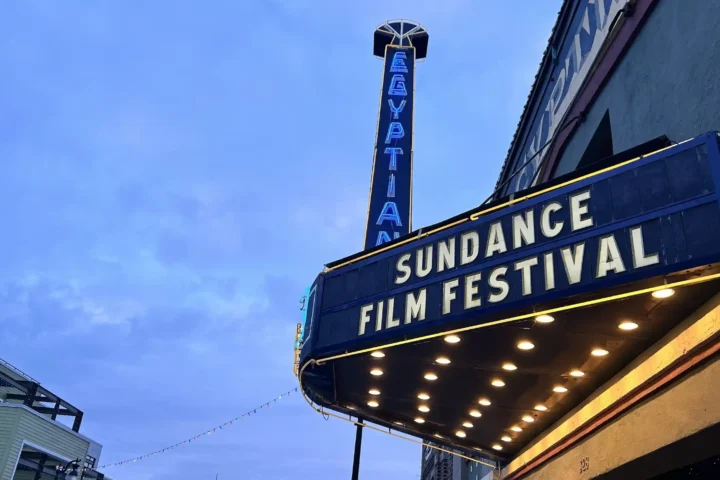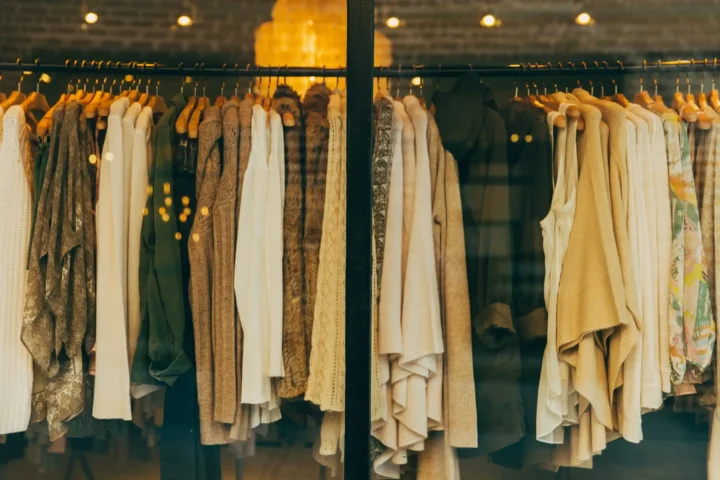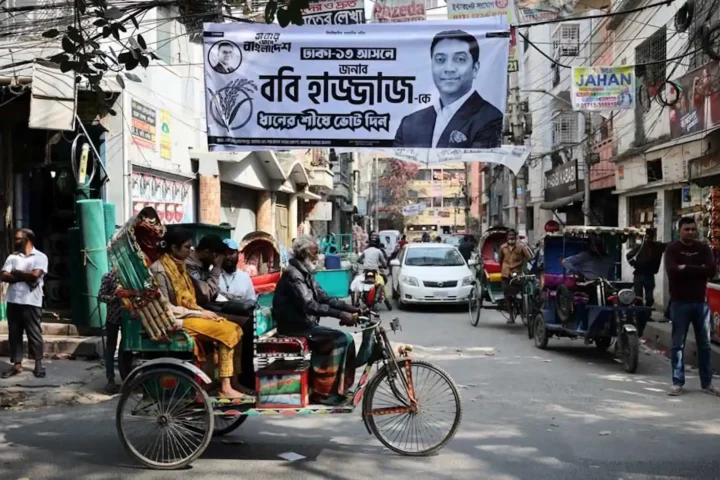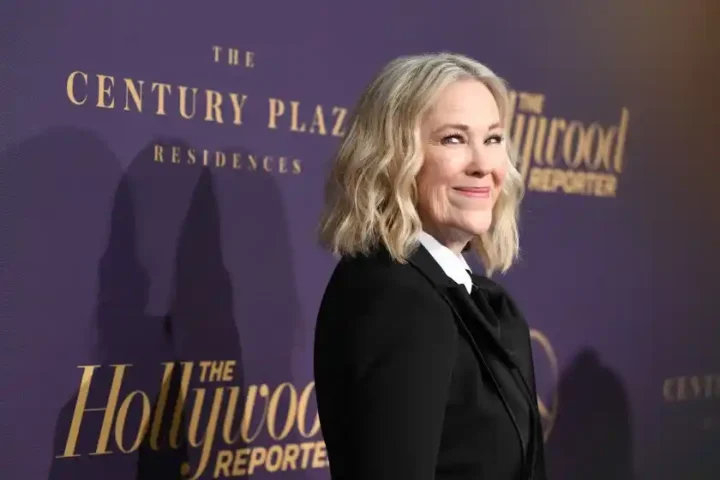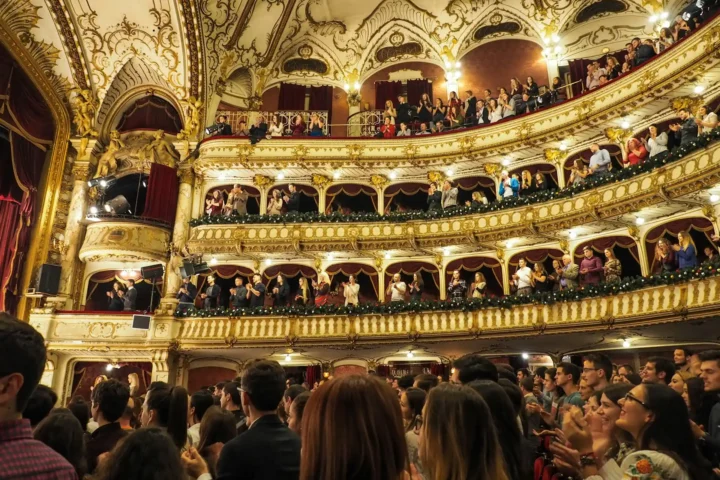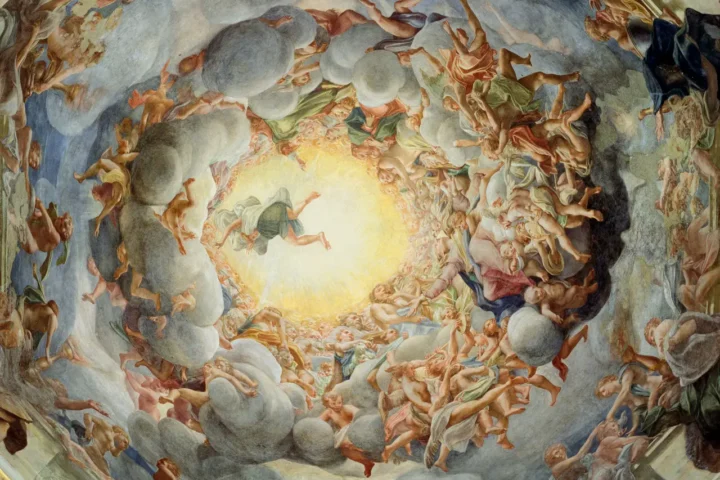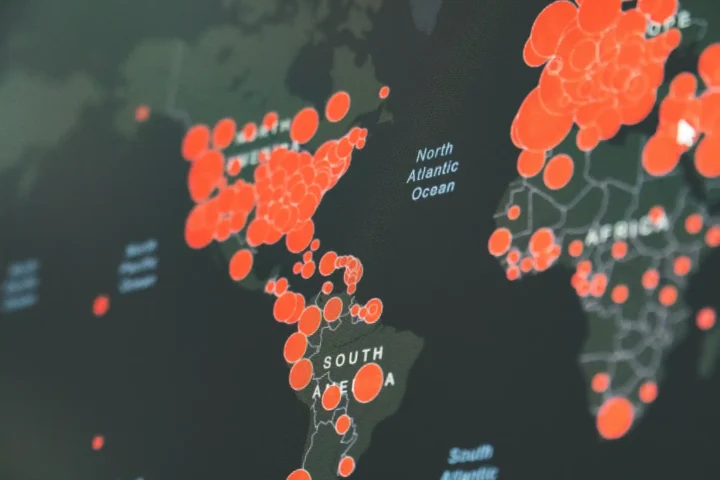As Russian tanks rolled into Ukraine in February 2022, Europe’s concert halls, once filled with the soaring strains of Tchaikovsky and Shostakovich, fell abruptly silent. No more Nutcracker. No more Swan Lake. And no more Valery Gergiev — the Kremlin-aligned conductor whose baton had once commanded the great orchestras of Milan, Munich and Vienna. In solidarity with Ukraine, the West’s classical music world turned off the lights on Russian culture.
Three years later, those lights are flickering back on.
In theaters from Barcelona to Bratislava, some of Russia’s most prominent musical figures are returning to the stage — even as the war grinds on and Ukraine warns that the cultural comeback is part of Moscow’s broader geopolitical strategy. Kyiv and its allies in Brussels say this isn’t a mere matter of art; it’s about soft power, security, and a test of Europe’s moral resolve.
“When you have a Russian active cultural action in [your] country, it’s immediately about disinformation and about preparing some kind of act of aggression,” Ukraine’s Culture Minister Mykola Tochytskyi said. “This is our own experience.”
The Return of the Maestros
One of the highest-profile returns is that of Valery Gergiev, long known as Vladimir Putin’s cultural standard-bearer. Sanctioned by Ukraine and shunned by the West after 2022, Gergiev has spent the intervening years performing in China and Iran. Now, he is set to appear in Barcelona in 2026 with the Mariinsky Orchestra — part of the Ibercámera concert series, which, controversially, has been linked to EU pandemic recovery funds.
Festival organizers insist there is “no legal impediment” to Gergiev’s participation and claim no EU funds have directly supported his upcoming concerts. But EU officials aren’t convinced. European Culture Commissioner Glenn Micallef said the Commission is working with Spanish authorities to ensure no money — direct or indirect — from the bloc supports the pro-Putin conductor’s performances.
“Even if a performance is entirely privately funded, that should not stop us from making very strong political statements,” Micallef said.
Netrebko and the New Normal
Also back in the spotlight is soprano Anna Netrebko, once a darling of the Kremlin and Gergiev’s protégé. After her high-profile cancellation by leading Western venues in 2022, Netrebko reemerged this year at Florida’s Palm Beach Opera. In September, she is set to return to London’s Royal Opera — her first performance there since the war began.
Despite distancing herself from Russian politics and describing the invasion as a “war,” Netrebko remains a lightning rod for controversy. Ukraine sanctioned her in 2023, citing her past support for Putin and her donation to separatist forces in Donetsk in 2014 — a move she has since claimed was misunderstood.
Her defenders argue she’s being unfairly punished for her nationality; her critics say her return risks legitimizing Moscow’s propaganda machine.
“For us Ukrainians, a boycott of everything Russian is not a question of culture and art,” said Ukrainian director Eugene Lavrenchuk. “It is a question of security.”
Lavrenchuk resigned from a production of Rinaldo in Jerusalem this year after discovering Russian singers on the cast list, a decision he framed as a matter of principle — and safety.
Soft Power or Trojan Horse?
Russia has long wielded culture as a soft power tool. Gergiev’s 2008 concert in Georgia’s war-ravaged Tskhinvali — waving Russian flags and conducting Shostakovich’s Leningrad Symphony — remains a textbook case of how Moscow blurs the line between cultural diplomacy and nationalist theater.
To critics, the recent reintegration of Russian performers into European cultural life suggests that this lesson is being forgotten.
In April, hundreds protested outside a theater in Bratislava during Netrebko’s sold-out concert, waving Ukrainian flags and displaying photos of bombed cities like Mariupol — where a 2022 Russian airstrike on a theater reportedly killed hundreds of civilians sheltering inside.
“Today, we cannot stand on the same stage with Russians,” Lavrenchuk said. “Because other people will use it to legitimize the friendship of Ukrainian and Russian peoples. This cannot be allowed.”
Tochytskyi offered a clear alternative: hire European and Ukrainian talent.
“In Ukraine, in Poland, in Sweden, we have the artist at the same or sometimes even better quality,” he said. “Let’s promote those who really share democratic values.”
A Broken Stage
Ukraine’s own arts scene has been ravaged by war. Opera singer Ihor Voronka was killed on the front lines last year. Vasyl Slipak, a celebrated baritone with the Paris Opera, died at the hands of a Russian sniper in 2016 after volunteering to fight. These losses are not abstract; they are reminders of what is at stake.
As Western leaders — and potentially Donald Trump — float the idea of restoring ties with Moscow, Ukrainian artists and officials are sounding the alarm that such moves extend beyond the realm of politics. They are cultural too.
“Russia has killed millions of people but still became known for its brilliant ballet and operas,” Lavrenchuk said. “But in fact … there is a connection in everything, the most direct connection.”
Whether Europe sees that connection — and whether its theaters continue to open their doors to Russia’s cultural envoys — may define the next act in the war for hearts and minds.


